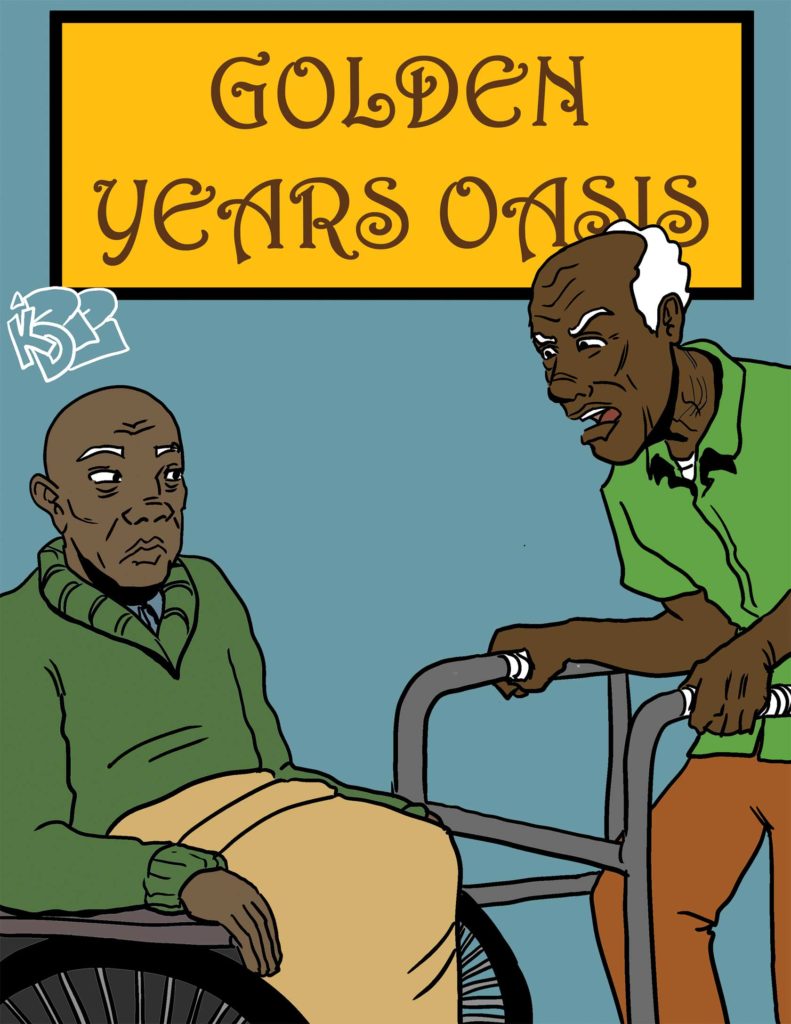
Securing voting rights was always the primary goal of the Civil Rights Movement. Segregation and racial discrimination were demeaning, inconvenient and insulting, but Blacks always understood that power at the polls was the only way to eliminate second-class citizenship.
Blacks went to the polls in the 1964 presidential election and voted against Barry Goldwater, the Republican candidate who opposed the Civil Rights Act. This gave Lyndon Johnson, the Democratic candidate, an overwhelming victory. But Blacks did not stop there. They marched from Selma to Montgomery to advocate for enactment of the 1965 Voting Rights Act.
The vicious attack of peaceful marchers by the police generated adverse international publicity about the nation’s claim to be a truly democratic country. As an early supporter of Black issues, President Johnson understood that his enactment of Black voting rights actually strengthened the power of the Democratic Party.
There was great exultation among Blacks with the 1965 Voting Rights Act, so soon after the Civil Rights Act of 1964. Now racial discrimination in employment, education and places of public accommodation would be against the law, and Blacks could not be prevented from voting because of race. Now, 57 year later, these social ideals have not been so easily implemented.
There has always been resistance to universal suffrage in the United States. In the beginning, only affluent white men could vote. White landowners with little wealth could vote after 1856. The 14th Amendment to the Constitution gave naturalized citizens, including former slaves, the right to vote in 1868. Women did not get the right to vote until 1920.
With voting rights being the key to political power, one might expect substantial controversy around any changes in the rules. Congress has amended the original act five times. Democrats have tried unsuccessfully to amend the voting law with a provision of the filibuster act that would allow acceptance by majority vote rather than a 60 vote margin. Sen. Kyrsten Sinema (D-Ariz.) voted no, so the effort failed.
The new legislation would have been part of the Freedom to Vote Act and the John R. Lewis Voting Rights Advancement Act. This would expand and protect voter access and protect against unfair redistricting.


![Banner [Virtual] Art Gallery](https://baystatebanner.com/wp-content/uploads/2024/04/Cagen-Luse_Men-at-store-e1713991226112-150x150.jpg)



